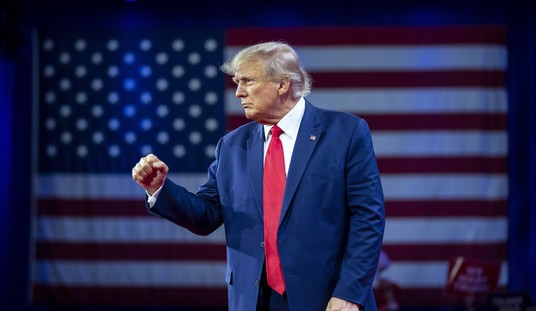Russian interests and hackers are having a surprisingly large role in our Presidential election. Both Donald Trump and Hillary Clinton are pointing to each other, and saying that Russia wants to tip the election the other way!
Reporters meanwhile have been eating up Russian hacked documents like candy but new reports prove that the documents can’t necessarily be trusted.
Wikileaks and DCLeaks have been busy attempting to release American secrets. From the Bradley Manning Dump, to the Edward Snowden documents, to the DNC hack, thousands of pages of documents have been released by these Russian-backed groups. In general, reporters have treated them as the absolute truth.
I’ve long been cautioning that we can’t necessarily believe any one thing in them. Confirmation bias leads us to believe it, because we like to believe juicy, embarrassing data released in a “leak,” but in thousands of pages of documents, slipping in a change here or there would be all too easy.
However it turns out that we now have evidence that some of these documents are being edited. The latest dump is about a man that Donald Trump backers love to hate, and love to claim is secretly funding RedState: George Soros. Perhaps coincidentally, Vladimir Putin likes to use George Soros as a straw man, painting him as a foreign puppetmaster controlling domestic dissidents.
CyberBerkut, the group that has been feeding documents to DCLeaks, made a mistake. They released two versions of the same documents, one that appears to be the original, and one that has edits that align with Russian propaganda! Specifically, Russia is trying to discredit a Russian dissident, Alexei Navalny, as a Soros pawn. Via the Ottawa Citizen:
CyberBerkut edited one budget document to include a line describing a grant to Navalny’s Foundation for Fighting Corruption to the tune of either $240,000 or $122,000 — CyberBerkut’s editors managed to put two different amounts on the same budget line. In another document titled, “Russia Project Strategy, 2014-2017,” Berkut added the name of Navalny’s foundation to a paragraph describing the lack in Russia of “institutions that focus analytically on issues of policy relevance.” By adding the Foundation for Fighting Corruption to that paragraph, Berkut falsely implied that Navalny’s group received financial support from Open Society. And Berkut edited a third document, which describes how Russian NGOs are complying with the country’s harsh laws governing civil society groups, to claim that Navalny receives support from Yandex, a Russian Internet services firm that competes with Google.
It’s possible this is the first time, of all these major leaks, that the documents involved were edited. It’s certainly possible. But now I hope we all look at these releases with a bit more skepticism, instead of simply believing what we want to believe.














Join the conversation as a VIP Member